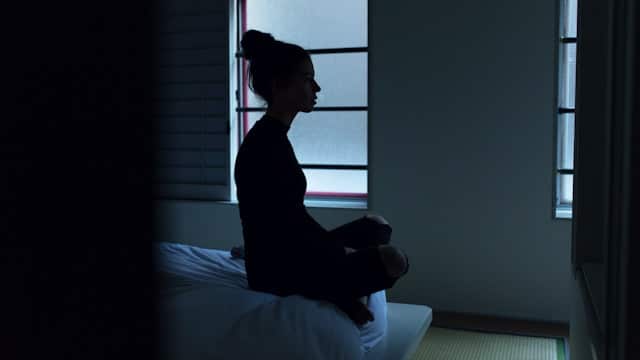Waking up in the middle of the night can be frustrating, especially when falling back asleep seems elusive. Sleep experts have identified a common habit that may be sabotaging your efforts to enjoy uninterrupted rest.
Upon waking during the night, many instinctively check the time on their phones or clocks. However, sleep specialists warn that this seemingly harmless action can increase stress and hinder your ability to return to sleep. Dr. Biquan Luo, CEO of LumosTech, explains that checking the time can heighten anxiety about lost sleep, making it more challenging to relax and drift back off.

It’s natural to wake up briefly during the night; most adults experience short awakenings that they don’t even remember. However, when these awakenings become prolonged, they can disrupt the sleep cycle. The blue light emitted from screens can further exacerbate this issue by increasing alertness and suppressing melatonin production, a hormone essential for sleep.

Instead of checking the time, consider these expert-recommended strategies:
- Engage in Relaxing Activities: If you can’t fall back asleep within 15-20 minutes, get out of bed and engage in a calming activity like reading or listening to soft music. This approach helps your mind relax without the stimulating effects of screens.
- Avoid Screen Time: Refrain from using electronic devices during nocturnal awakenings, as the blue light can increase alertness and make it harder to fall back asleep.
- Maintain a Consistent Sleep Environment: To promote uninterrupted sleep, keep your bedroom dark, quiet, and at a comfortable temperature.
It’s important to remember that occasional sleep disturbances are common and usually not harmful. Dr. Fiona Barwick, director of the Sleep & Circadian Health Program at Stanford University, suggests that accepting wakefulness without resistance and redirecting focus to calming activities can reduce anxiety and facilitate a return to sleep.
